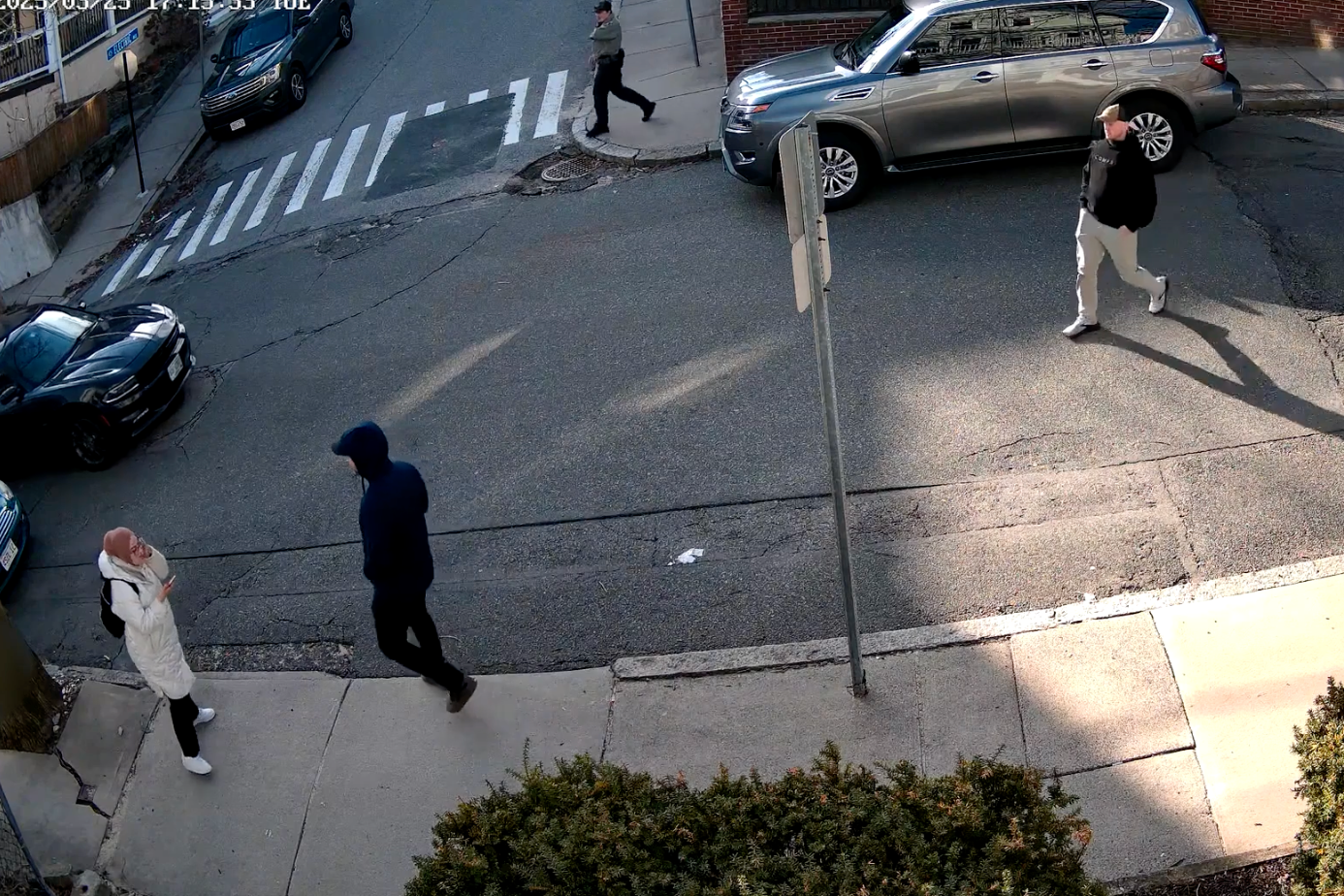One of the men goes for her phone. The other grabs at her hands. Ozturk screams. Shock and fear ripple through her voice. Two masked women join them, tugging at her backpack, peeling the straps from her shoulders. “I’m going somewhere, I need to call someone,” she pleads. “We’re the police. Relax,” one of the men says in response.
They surround her. Then, one by one, they pull their neck gaiters up to cover their faces. “You don’t look like police,” a voice off screen says. “Why are you hiding your faces?” The questions continue, but the figures don’t respond. Instead, they cuff Ozturk, cross the street, and put her in an unmarked SUV. She is gone.



You have a good point! It does sound like my suggestions only help for repeated behaviors. For example, Tiny Habits seems to indicate that it’ll work for habits but not for novel situations.
You explicitly mention that it’s unlikely that research covers situations that are entirely novel and rare. Do you know about schema theory or relational frame theory? I ask because both of those theories explicitly deal with how entirely new information (such as entirely new situations) is processed in the human brain and how, depending on the schemas or relational frames that a person already had, the person will react in different ways.
But we don’t have to go into the theoretical weeds. The popular books that I mentioned earlier deal with novelty. For example, Lakoff shows how, inside the head of any person, a small set of beliefs can end up guiding most of the person’s moral thinking and therefore their choices. Not only that, but even the book titled Tiny Habits has sections dedicated to one-off behaviors. Heck, the book Drive deals with teams that are at the bleeding edge of knowledge and techniques, technologies and workflows that no human has ever dealt with before, and yet the book is able to show how there is a set of evidence-based principles that consistently motivate (or not) those very teams.
The fundamental issue is whether humans are able to recognize a situation and know what to do about it. Our brains have been endowed with the capacity to derive thoughts, to think up entirely new situations, to imagine scenarios. We can use that to increase the odds of responding effectively to situations we have never been in before.
So somewhere in there I lost what you are suggesting would increase the likelihood of multiple people attempting to peacefully intervene to stop these abductions. Also, I find physchology writing to be hard to read. Not sure what they need to do to make these things more readable though. But even though the topic interests me, I just can’t seem to read a book on the subject.